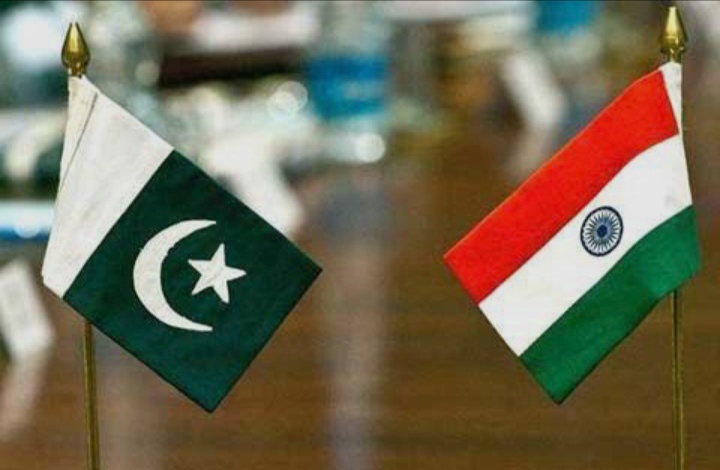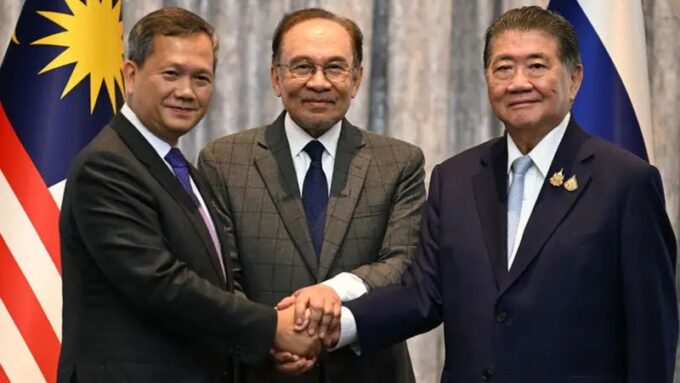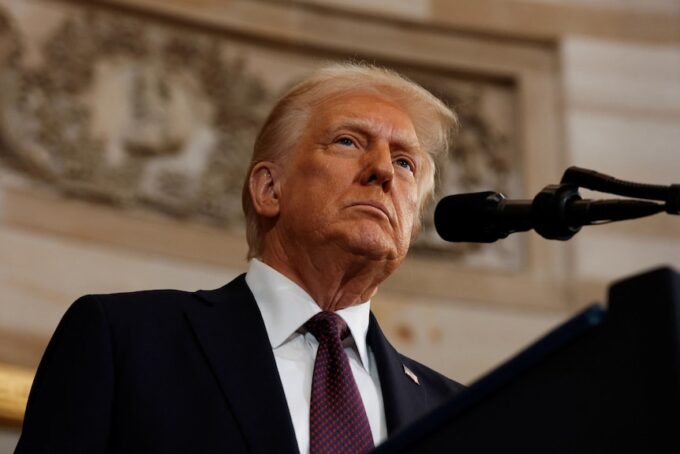News | Events | Digital PR | Advertising
India and Pakistan Agree to Ceasefire After Days of Escalation

In a significant diplomatic breakthrough, India and Pakistan have agreed to an immediate ceasefire following days of intense military exchanges. The agreement, reached after high-level discussions between military officials from both nations, marks a crucial step toward de-escalation in the region.
ceasefire, which took effect at 17:00 Indian Standard Time (11:30 GMT), halts all military operations by land, air, and sea. The decision comes after heavy overnight exchanges that raised concerns of a broader conflict between the two nuclear-armed neighbors.
India’s Foreign Secretary Vikram Misri confirmed that both sides have committed to honoring the ceasefire and that further discussions between military leaders are scheduled for May 12. Pakistan’s Foreign Minister Ishaq Dar emphasized his country’s commitment to peace and security while maintaining sovereignty and territorial integrity.
The news has been met with relief and celebrations in both countries, particularly in the disputed Kashmir region, where residents have endured the brunt of recent hostilities. However, reports of explosions in Srinagar, Indian-administered Kashmir, just hours after the ceasefire announcement have raised concerns about its durability.
International mediation played a key role in securing the agreement, with conflicting reports on which nations were instrumental in brokering the deal. U.S. President Donald Trump claimed that the United States led the negotiations, while Pakistan’s Foreign Minister stated that multiple countries were involved in the diplomatic efforts.
Despite the ceasefire, India has maintained restrictions on trade and visas with Pakistan, and the suspension of the Indus Waters Treaty remains in effect. The agreement also includes provisions for broader dialogue, though India’s Ministry of Information and Broadcasting has denied any plans for further negotiations at this time
Explore more
Scientists Research Nigeria’s Okra, Maize, Four Other Crops During NASA’s Space Mission
International astronauts will research six indigenous Nigerian crops and seeds during the...
President Trump Orders Pharmaceutical Companies To Cut Drug Prices Within 60 Days
President Donald Trump on Thursday said he asked major pharmaceutical companies to...
Microsoft To Become The Next $4 Trillion Company
Microsoft (MSFT.O), opens new tab soared past $4 trillion in market valuation...
Importers Slash Petrol Prices Below Dangote Rates Amid Rising Market Competition
Competition has hit Nigeria’s petroleum sector as fuel importers slash petrol prices...












Leave a comment